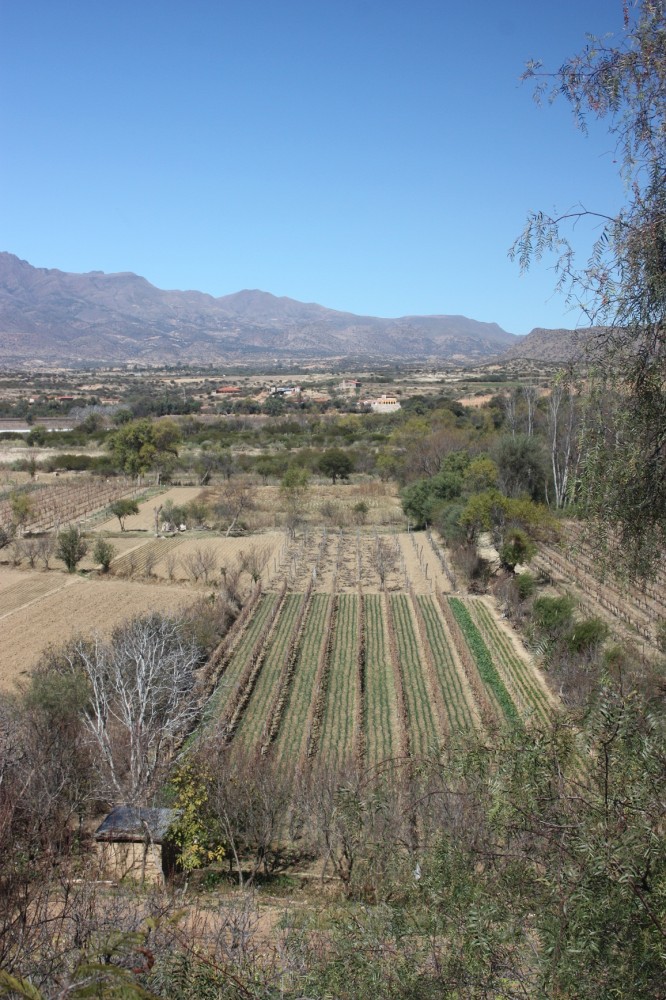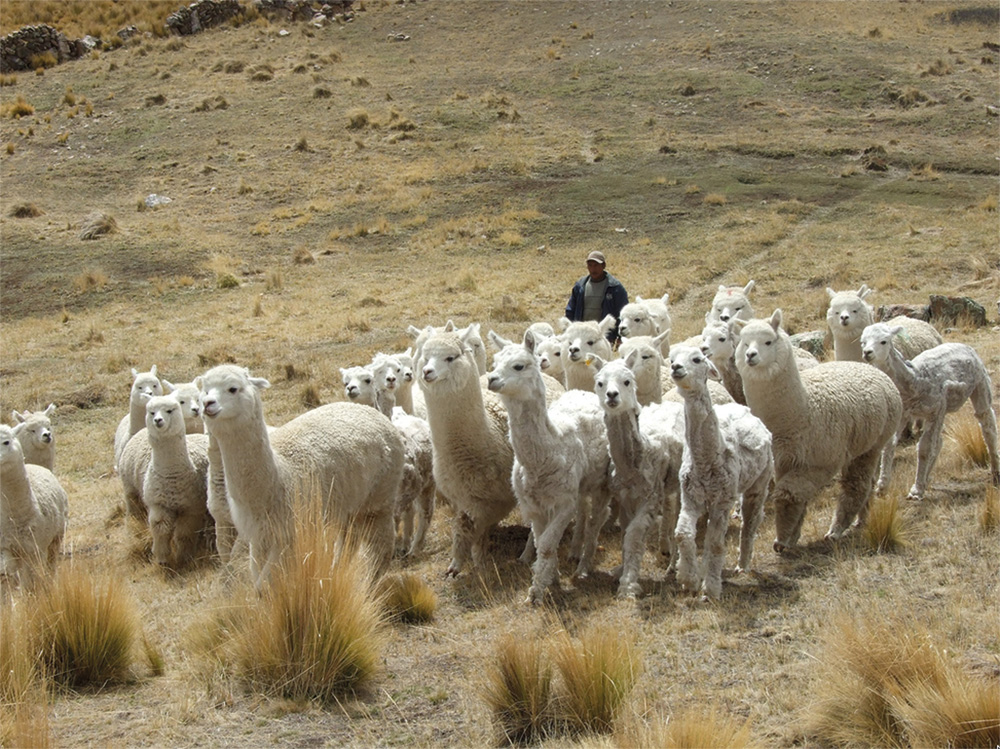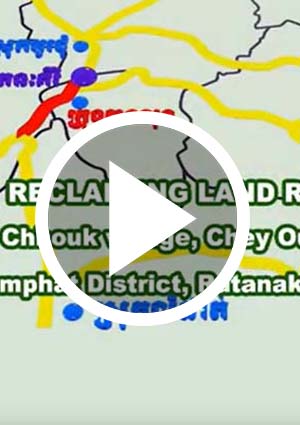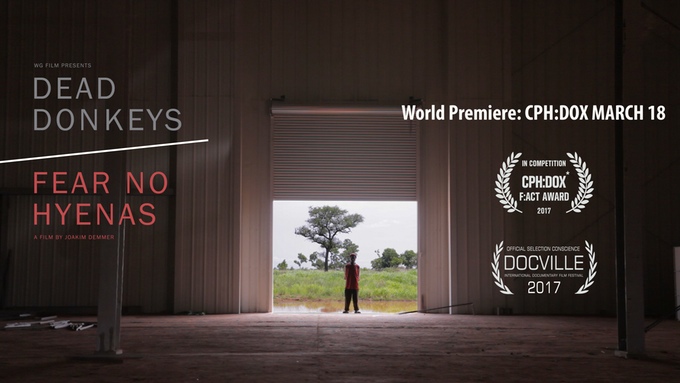Presentación ppt sobre el Movimiento, actualizada en abril 2015. Resumen de objetivos y desafíos.
Una presentación y descripción de los objetivos, actividades y primeros resultados del Movimiento Regional por la Tierra y Territorio. La meta de reunir mil casos de acceso a la tierra se describe con los procedimientos metodológicos para relatar cada situación.












